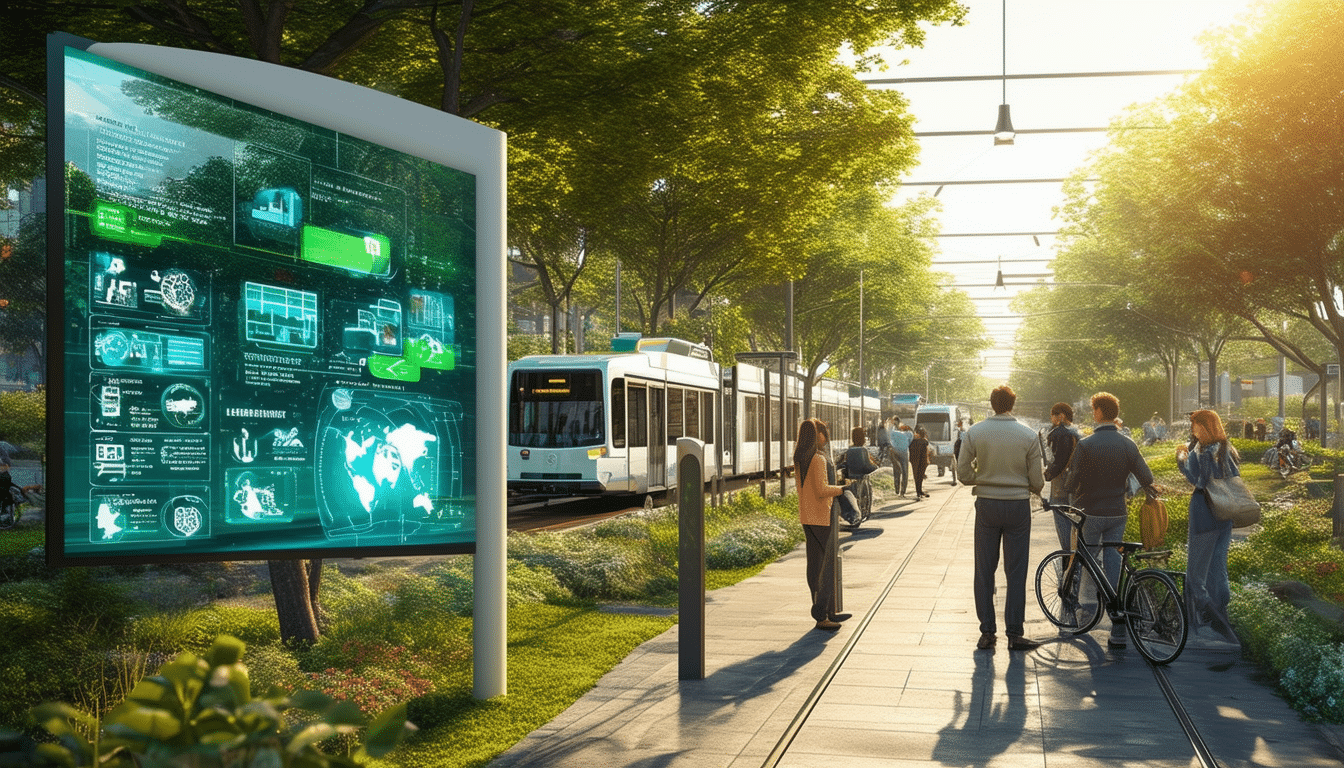Consejos para el uso eficiente del combustible en el transporte público

The fuel efficiency in public transport is crucial for reducing operational costs and minimizing environmental impact. Adopting proper practices not only improves vehicle performance but also contributes to a more sustainable future. Below are some practical tips that can help optimize fuel usage, benefiting both transport companies and public service users.
The efficient use of fuel in public transport has become a priority for many cities aiming to cut costs and minimize environmental impact. Implementing sustainable practices not only helps improve fleet economics but also contributes to a cleaner and healthier environment. Below are several effective tips for optimizing fuel consumption in collective transport.
Properly maintain and supervise vehicles
One of the keys to efficient fuel consumption is to ensure that vehicles are in optimal condition. Performing regular maintenance not only extends the lifespan of buses and transport vehicles but also results in lower fuel expenditure. This maintenance should include checking the engine, the condition of the tires, and other critical systems.
Additionally, it is advisable to implement monitoring systems through tracking reports, which allow for monitoring each vehicle’s status and detecting potential issues before they become serious failures. This helps optimize fuel performance on each trip.
Route planning
Another vital aspect is the adequate planning of routes. Avoiding traffic and selecting paths that minimize travel distance can significantly reduce fuel consumption. Navigation technologies and fleet management systems can be helpful tools for establishing efficient routes, depending on the day and time.
Moreover, considering external factors such as weather conditions and peak hours can help save fuel and improve service punctuality.
Efficient driving
The driving style also significantly influences fuel consumption. Maintaining a constant speed and avoiding sudden accelerations are practices that not only promote more efficient fuel use but also increase safety on the roads. It is essential that drivers receive training to encourage efficient driving habits.
For instance, optimizing the use of gear changing and avoiding overloading vehicles can contribute to more efficient performance. In this sense, a well-trained driver can improve fuel consumption by up to 50% in urban routes.
Fuel usage control
To improve fuel usage efficiency, it is recommended to implement control measures, such as using fuel cards that allow for more effective tracking of expenses. This approach can help identify consumption patterns and areas for improvement.
Benefits of preventive maintenance
Proper preventive maintenance of the fuel system is crucial to avoid unnecessary expenses. Proper filtering, maintaining tire pressure at optimal levels, and performing regular oil changes are actions that can significantly improve fuel efficiency. For more information on the importance of this, you can consult the following article: Regular maintenance: key to reducing fuel expenditure.
Use of biofuels and renewable energy
The transition to biofuels and other renewable energy alternatives can be an effective strategy for reducing fuel consumption in the public transport sector. Biofuels are sustainable alternatives that can decrease the carbon footprint and offer economic benefits. To better understand the impact of biofuels, you can visit: The role of biofuels in reducing fuel expenditure.
Conclusion
Adopting effective practices in fuel usage in public transport is an essential task that can result in significant economic and environmental benefits. Every action, from route planning to preventive maintenance, plays a fundamental role in creating a more sustainable transport system.
The efficient use of fuel in public transport is crucial not only for the economic sustainability of transport companies but also for environmental preservation. Adopting practices that minimize fuel consumption can result in significant savings and a reduction in the carbon footprint of public transport. One of the most effective strategies is the regular maintenance of vehicles, which includes checking tire pressure, oil changes, and other mechanical checks. A well-maintained vehicle consumes less fuel and offers superior performance.
Moreover, route planning is fundamental. Avoiding traffic jams and unnecessary detours not only saves time but also reduces the amount of fuel used. Technological tools such as fleet management systems provide detailed reports on the performance of each vehicle, contributing to better fuel management and identifying areas for improvement.
The way of driving also considerably impacts fuel consumption. Efficient driving, which maintains a constant speed and avoids abrupt braking and acceleration, can lead to a significant improvement in fuel performance. Training drivers in eco-driving techniques should ideally be implemented as part of ongoing training, which will not only enhance efficiency but also safety on the roads.
Finally, the use of alternative technologies and the adoption of biofuels could be explored as options to further decrease environmental impact. Promoting a culture of sustainability within public transport will not only benefit companies economically but also contribute to a cleaner and more sustainable future for cities. The combination of proper maintenance, effective planning, responsible driving, and the use of alternative technologies presents a clear path toward fuel efficiency in public transport.



